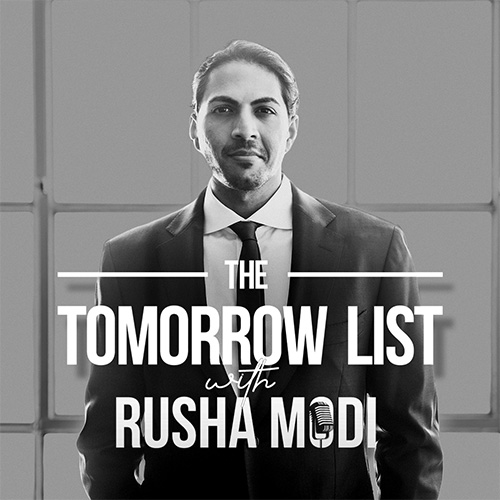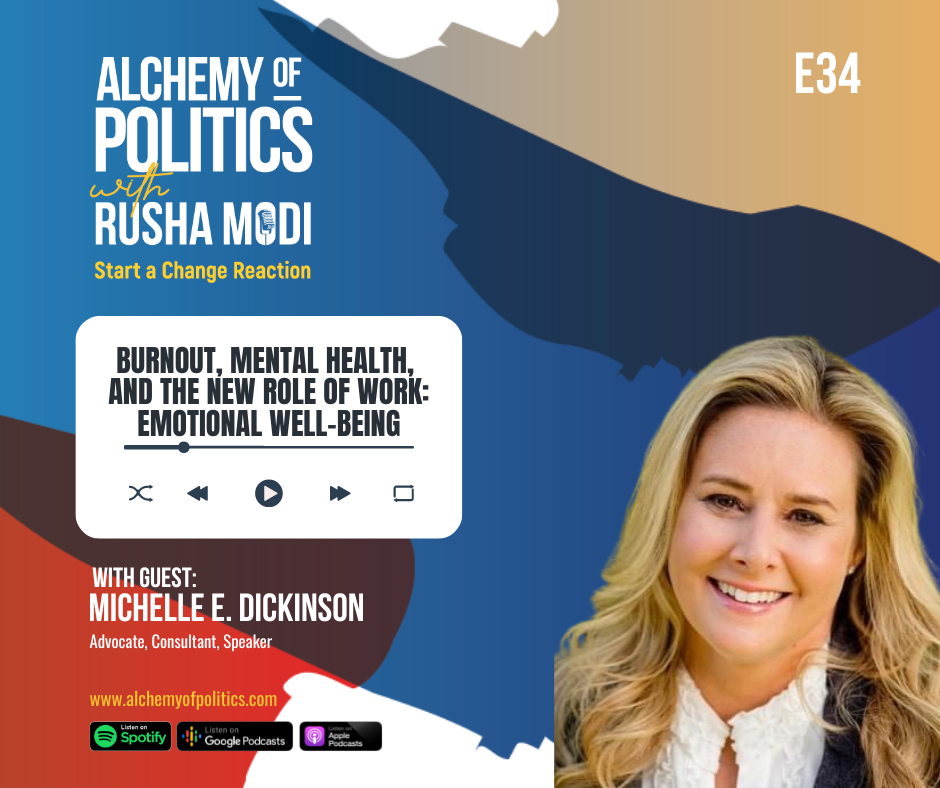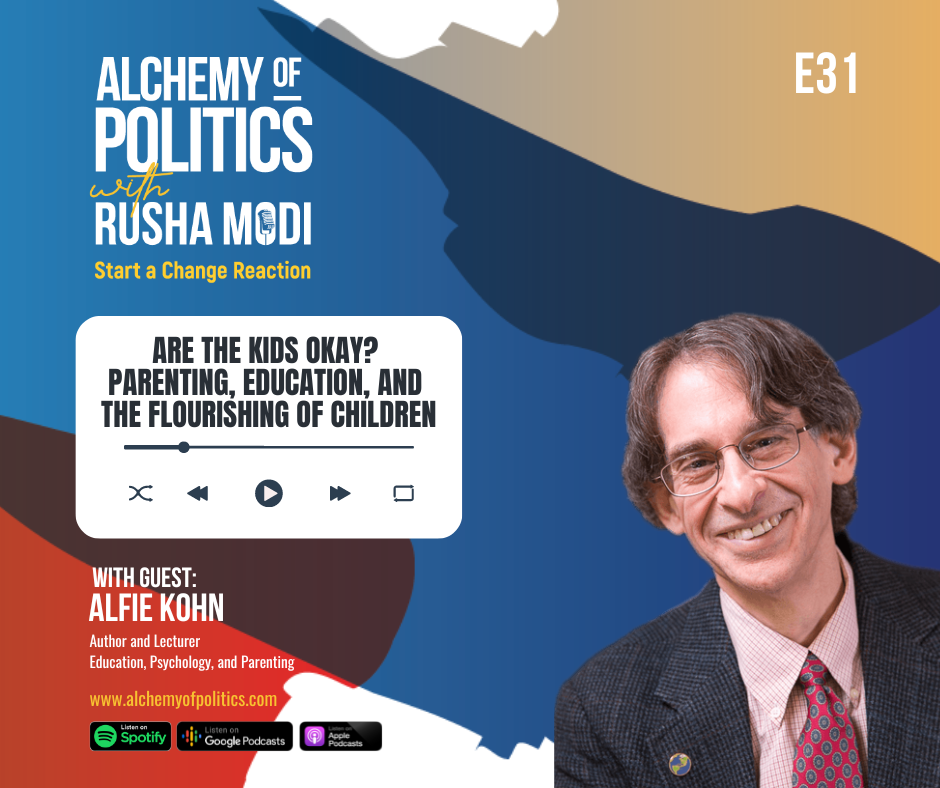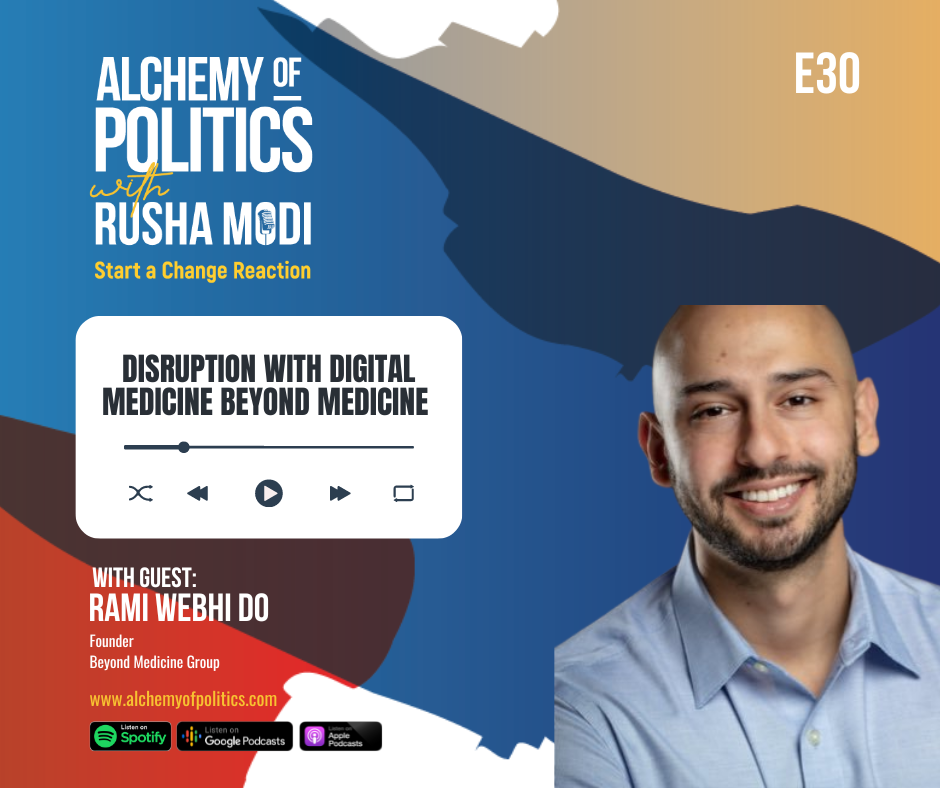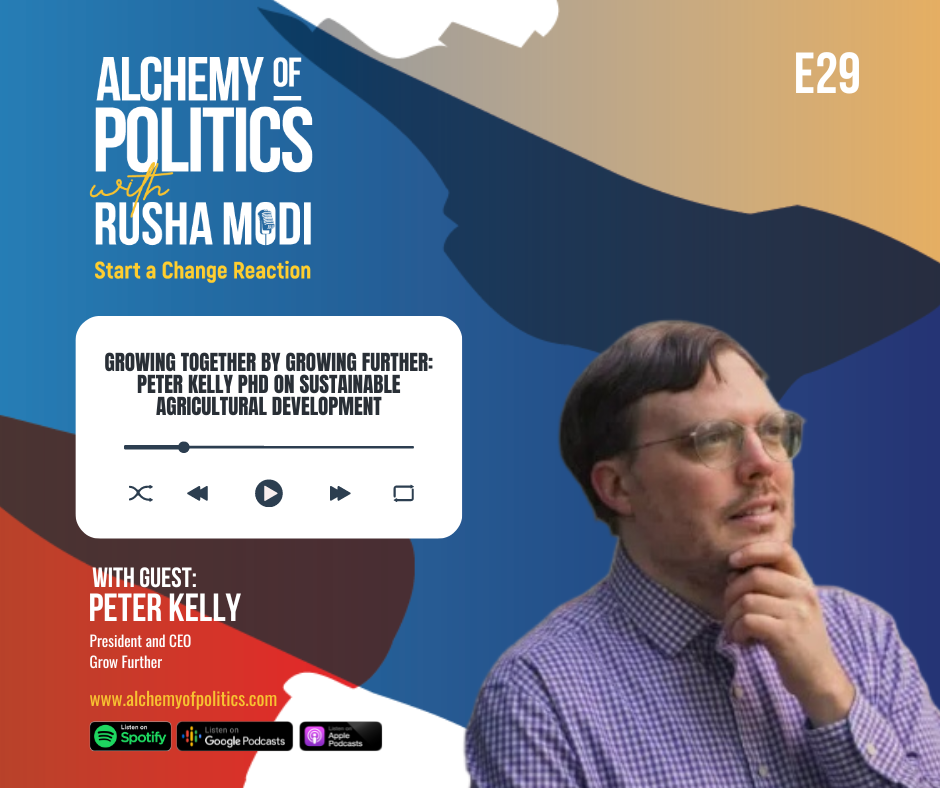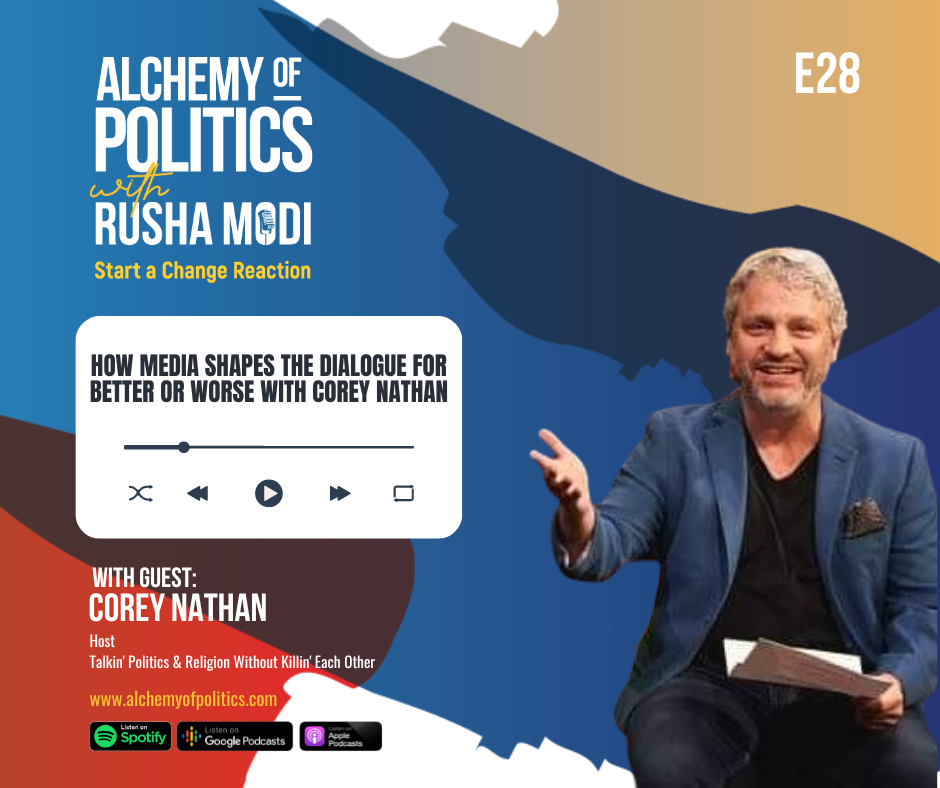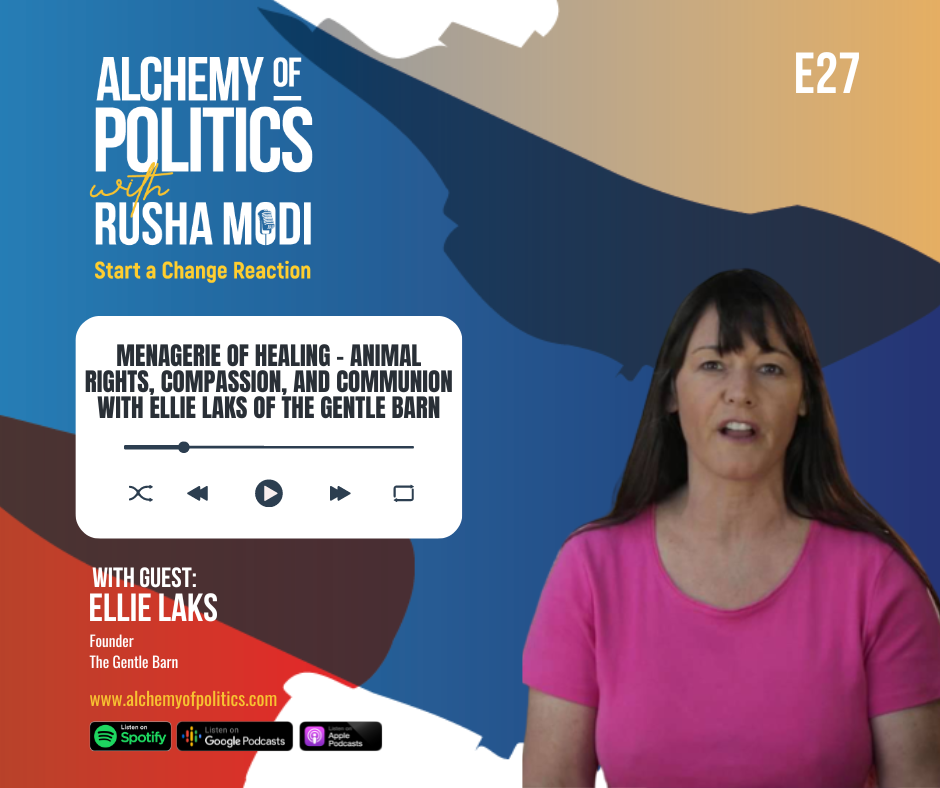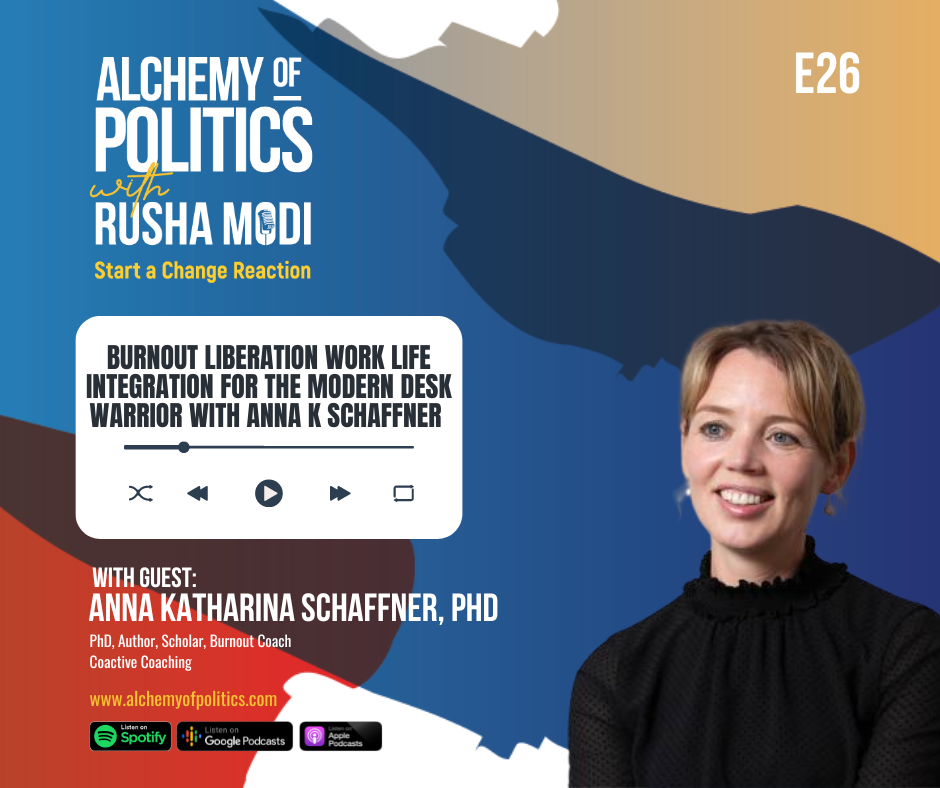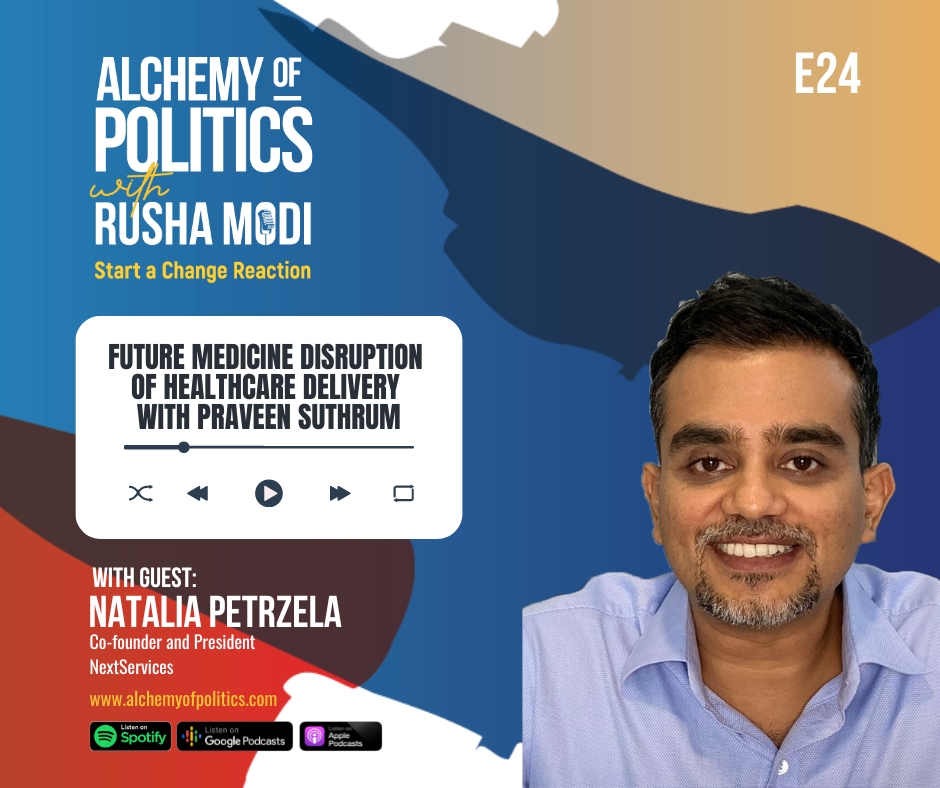Jessica Lall on the LA Mayoral Race of the City of Angels, City of Leaders, She discusses the Housing Crisis and the Future of Political Engagement. Jessica Lall has been at the forefront of policy and social reform here in Los Angeles for years, especially with respect to housing and economic development. She ran a captivating campaign for LA Mayor with a groundswell of support before eventually pulling. In this illuminating discussion, we explore what the new incoming Mayor will need to do to heal the city, how to improve housing development and how to create a pipeline of leadership for young new talent.
Key Highlights:
[00:01 – 05:42] – Opening segment
Dr. Rusha introduces Jessica Lall!
Civic engagement is key to solving the city’s problems
It can be increased by providing information and education
Effective leadership is essential to overcoming polarization and ideology
[05:43 – 16:53] – Overcoming Obstacles To Leadership: Women, Minorities, and Economically Disadvantaged Communities
The important role of the Los Angeles Homeless Services Authority
Housing development in Los Angeles is subjective and unclear
Advocating for the use of mass timber
Cost-effective and environmentally sustainable than traditional construction methods
[16:54 – 44:31] – Building Trust And Empathy Through Vulnerability In Leadership
Centering women in the economy, small business, and minority-owned business is key to Los Angeles’ success
Revisiting the city charter is necessary to address the challenges of today
Creating a pipeline for people to engage in government and leadership is important in order to create an inviting atmosphere for others to pursue similar endeavors
How campaign finance reform is important in order to make it easier for people to get involved in politics, and how this can lead to more effective governing bodies
The importance of vulnerability in leadership, and how sharing your story can help build trust and empathy among those who hear it
[44:32 – 47:37] – Closing Segment
If you want to learn more about her work, listeners can follow here on Instagram and Twitter accounts.
Connect with Jessica Lall her:
LinkedIn: Jessica Lall
Twitter: Jessica Lall
CRAVING MORE?
What are you waiting for? Head to Alchemy of Politics; join the conversation and start a change reaction! Follow us on Instagram and Tik Tok.
You can connect with Dr. Rusha on LinkedIn, Instagram, Facebook, and Twitter.
Thanks for tuning in! If you liked my show, LEAVE A 5-STAR REVIEW, like, and subscribe!
Share it with your friends, and family, and spark a conversation. Contribute, comment, and disagree.
Remember: Solutions, not shouting.
Tweetable Quotes:
Jessica Lall – “When we talk about our homelessness crisis overall, we have to realize that there is no one silver bullet that’s going to address and solve the problem.”
Jessica Lall – “Every asset and every virtue can become a vice if we don’t have leadership… Talking about these issues and figuring out ways to connect people in real meaningful ways, I do believe that’s our biggest opportunity.”
Dr. Rusha Modi – “When we’re in challenging times, we need leaders that can kind of light that path forward.”

